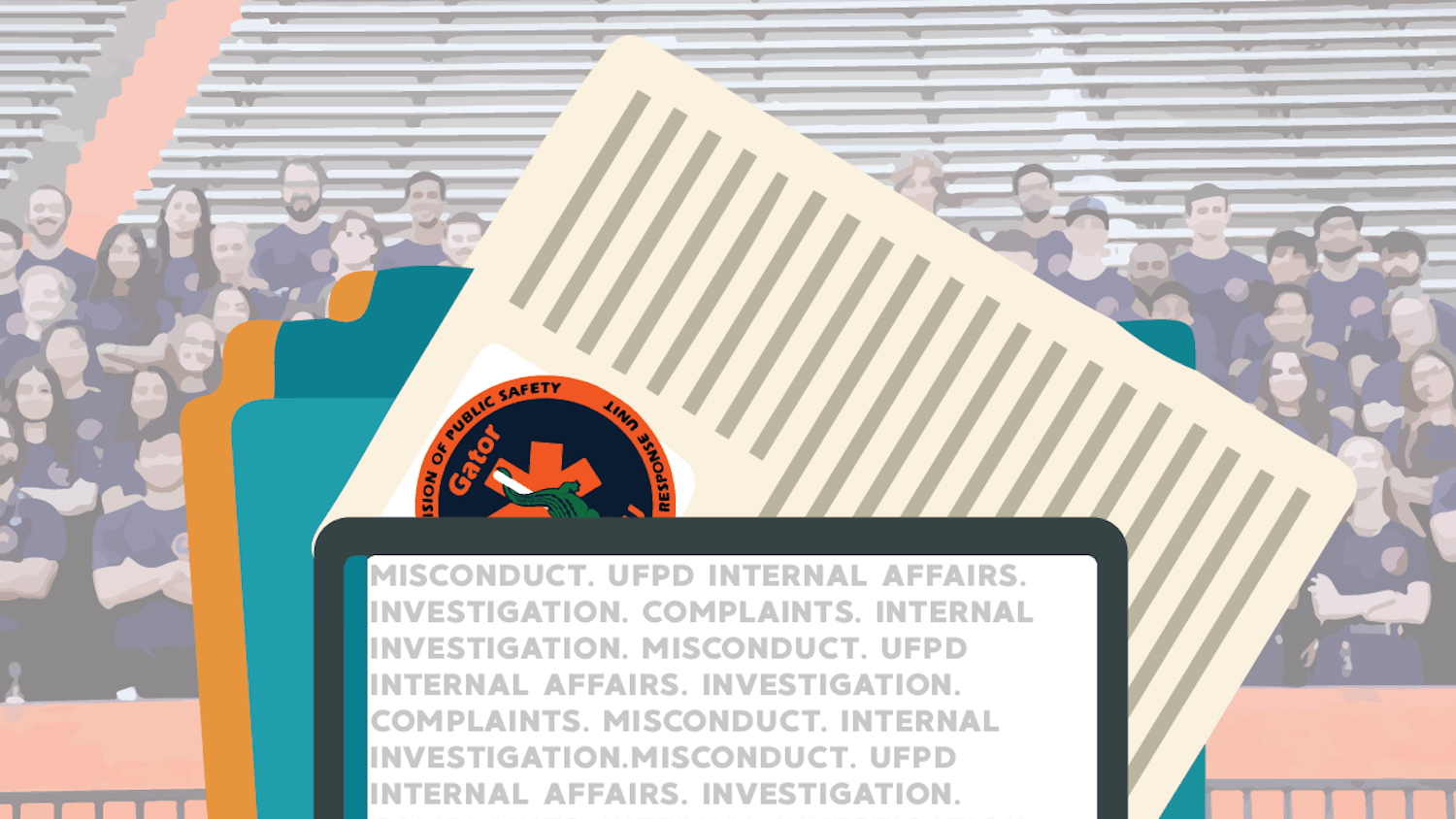This week, the Supreme Court began hearing arguments surrounding the individual mandate, which is part of the controversial health care reform law. However, within the next few years, the court will likely be ruling on another extremely important issue, especially for civil libertarians.
In the age of YouTube and citizen journalism, questions have emerged about whether ordinary citizens are legally able to film or photograph on-duty police officers during events like traffic stops and arrests.
On March 14 in Philadelphia, Temple University photojournalism student Ian Van Kuyk was arrested and eventually charged with obstruction of justice, resisting arrest and disorderly conduct.
Van Kuyk’s “crime” was taking pictures of a traffic stop that occurred outside of his home. The student, in compliance with police, took pictures without a flash and obeyed commands from the officers to move back.
When officers told Van Kuyk to stop taking pictures, the student refused. He was then allegedly shoved, thrown to the ground and then handcuffed by the police.
His girlfriend, who was at the scene, was charged with obstruction and disorderly conduct when she tried to grab the camera, which was property of Temple University.
In New Jersey, 17-year-old honor student Khaliah Fitchette found herself handcuffed and detained after she used her cellphone to film police boarding a bus as they responded to a collapsed man. When police asked Fitchette to stop filming, she refused. She was arrested and taken to the city’s juvenile processing center.
In August of last year, the First Circuit Court of Appeals in New England ruled, “The filming of government officials engaged in their duties in a public place, including police officers performing their responsibilities … serves a cardinal First Amendment interest in protecting and promoting the free discussion of governmental affairs.”
This ruling came after Simon Gilk was arrested for using his cellphone video camera to capture police brutality by Boston police officers. Although charges were eventually dropped, the ACLU filed a lawsuit to protect the right of citizens to document instances of police misconduct.
If and when a case like this reaches the Supreme Court, we hope the justices will rule in favor of our right to film and document police officers while they are on duty.
Of course there should be limits on our ability to harass or interfere with police activity, but to completely restrict our power to document and spread information about police misconduct threatens the liberty of everyone.
Not only will a ruling in favor of our First Amendment rights secure the freedom of people to document police, but it will also ensure that the rights of those who are subjected to police brutality are protected as well.
After all, someone must watch the watchmen.





